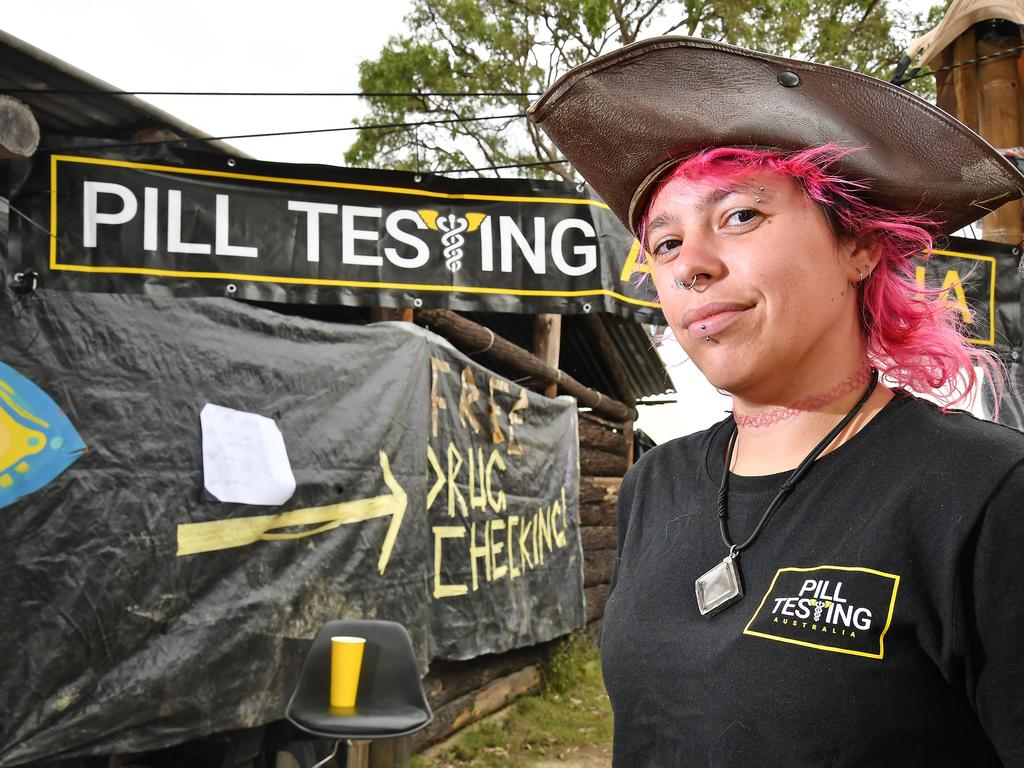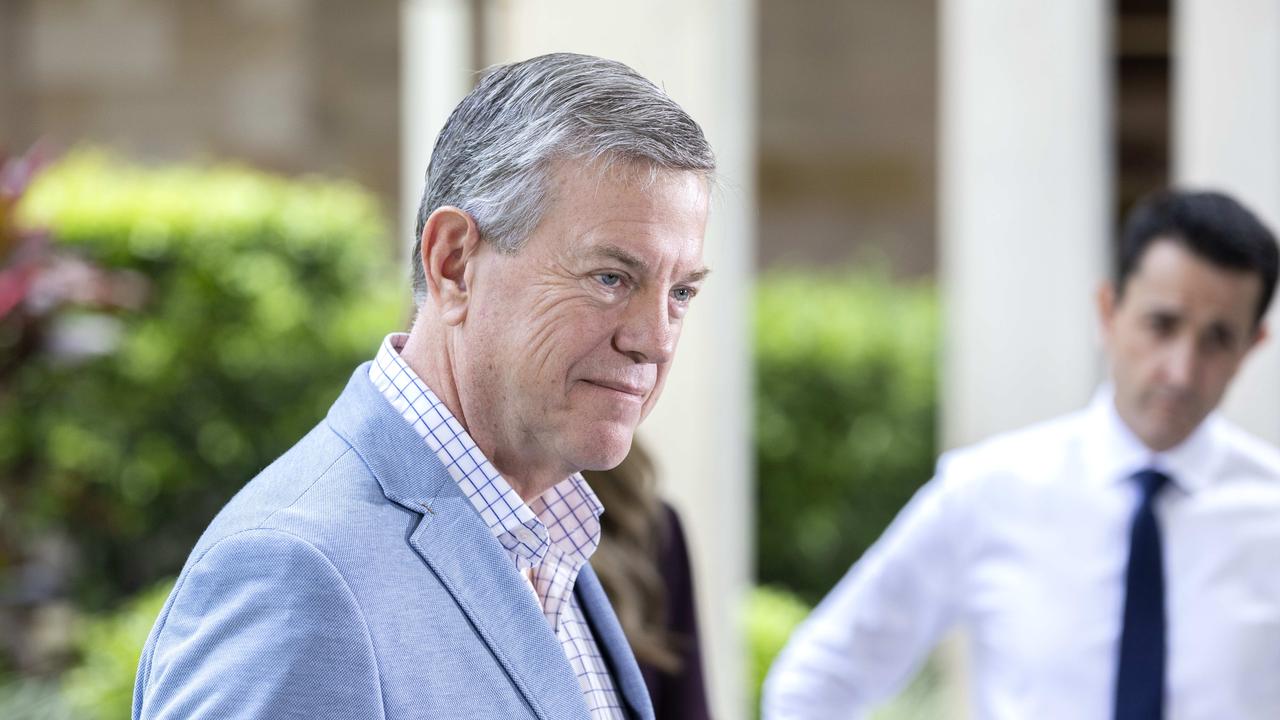Rabbits Eat Lettuce festival to forge ahead with pill testing program despite LNP’s decision to defund clinics
A popular Southern Downs music festival will forge ahead with plans to offer pill testing despite the newly-appointed conservative LNP government’s swipe at Queensland’s drug testing scheme. DETAILS.
Queensland’s LNP government has remained firm in its conservative approach to drug use, pulling funding for the state’s controversial pill testing scheme.
The Rabbits Eat Lettuce music festival, held in the Southern Downs over the Easter long weekend, was the state’s first event-based drug checking service, and a national first for a multi-day music festival.
The success of the service resulted in 14 samples of narcotics discarded out of the 210 samples provided for testing.

It’s unclear how the state government’s decision might affect pill testing at future events and music festivals.
Southern Downs MP James Lister has defended his party’s decision, stating individuals have to accept the consequences of their actions.
“That pill-testing regime undermined respect for the law, and sent a clear message that taking dangerous illegal substances is OK. It is not OK,” he said.
“At some point, individuals have to accept the consequences of their actions, and for as long as I can remember we have all been taught that recreational use of those drugs is bad, dangerous and unlawful.”
Days after the LNP revealed they would be axing funding to the government funded drug testing facility, CheQpoint was presented with a nitazene – a counterfeit oxycodone tablet at the Bowen Hills centre with a potentcy more than 1000 times that of morphein.

Research by Monash University has suggested spates of drug-related deaths, at music festivals in particular, could have been prevented if harm reduction strategies were imposed, such as pill testing.
Rabbits Eat Lettuce founder Erik Lamir said as long as there waere no change to the legal framework allowing private entities to provide harm reduction services, the festival would try to budget in the service.
“It’s widely known that at parties and music festivals there will be some portion of the population that may choose to consume illegal drugs,” he said.
“No matter what kind of policy the event might have, there’s not really much we can do to change that.
“Knowing that to be the case and in the interest of health and safety for our patrons, we thought it was quite valuable to have that service on offer to encourage people to think more deeply about what they’re putting in their bodies.”

Mr Lamir said the service had a positive influence and had generated a turntable in the conversation around harm reduction.
“So long as the legal framework exists for us to provide the service we will definitely consider doing so if it’s within our budget,” he said.
Canberra led the way for government approved pill testing in Australia in 2022, quickly followed by Queensland under the former Palaszczuk government in 2023.
Mr Lamir said drug testing at international events has already been happening for at least a decade, particularly at Canadian music festival Shambhala.
“You’d see people lined up there every afternoon making sure what they were taking wasn’t going to be potentially dangerous,” he said.
“It’s especially important over there where you’ve got a big fentanyl problem and I know there have been some cases of fentanyl being found in some drugs here in Australia.
“That’s a big concern if we start to see more fentanyl coming in, it’s a really scary thought because from my understanding it only takes a pinhead amount to kill someone.”
The 2025 event is powering ahead with the first round of tickets having already sold out and is one step closer to securing a permanent home in the Southern Downs.
In a statement to Warwick Daily News, Mr Nicholls said there were “simply no safe ways” to take drugs.
“I know there is mixed opinion on the efficacy of pill-testing initiatives, but we need to see the data,” Mr Nicholls said.
“The availability of a pill testing service at the recent Schoolies event on the Gold Coast provides the opportunity to review the effectiveness of testing here in Queensland.”
The LNP government, when they rose to power, decided they would honour the contract of the former Labor government to fund pill testing during Schoolies week.

Mr Nicholls said the testing was available between 2pm-6pm each day, with about 1100 of 40,000 Schoolies participants accessing the service.
Of those, 27 samples were assessed at a cost of $7925 per test, with the total cost for the week equalling $214,500.
Mr Nicholls said this initial data raises the question of whether there may be more effective ways to engage young people about the detrimental harms of illicit drug use.
A final report by the service provider will be given to the Department of Health in the coming weeks.
Data from a University of Queensland evaluation into the introduction of drug checking in Queensland will be available mid-2025.




